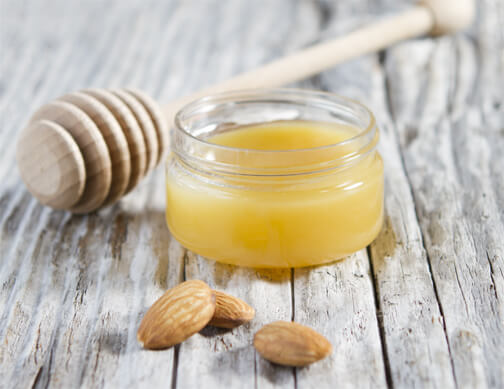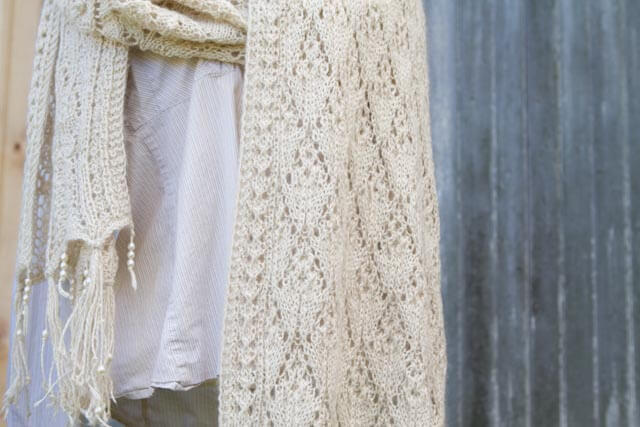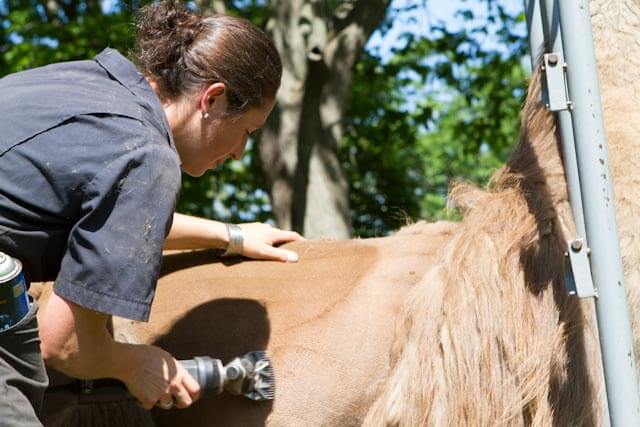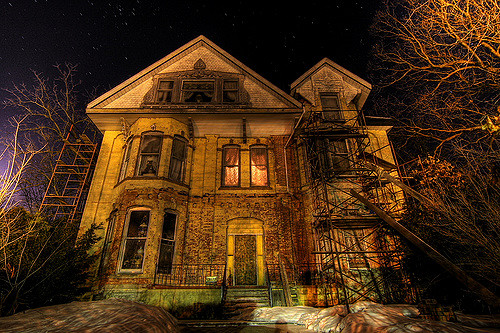A llama and alpaca farm in Yaphank is busy making a plethora of products through the process of shearing – and sharing, making it a point to teach Long Islanders about the animals along the way.
Long Island Yarn and Farm (LIYF) is the homestead farm business of Tabbethia Haubold-Magee, who began a career in caring for animals and creating yarn, as well as fiber and skincare products, after she earned a degree in animal science and got her first job at the Suffolk County Farm and Education Center.
“That’s where I got my start, and I consider that the beginnings of my business, even though I was working for someone else when my love of llamas began,” Haubold-Magee says. “Some way or another, animals started creeping their way [to my] home.”

The animal lover launched LIYF in 1996 at her former residence in Manorville, she says. Then, about 18 years ago, she moved to the current Yaphank farm, where she now has about 16 llamas, one alpaca, three angora goats, and two angora rabbits, as well as some cats, dogs, and potbellied pigs.
LIYF sells both yarn and skincare products. Less than 25% of the yarns sold comes from the wool that Haubold-Magee shears off her own animals. Other yarns come from the wool of animals in other states, which Haubold-Magee also shears through her own shearing business, or wool from a Kansas mill that helps produce the yarn.
“When I first started, I was using only my fleeces,” she says, explaining that now, the demand for the yarns has exceeded what she can produce on her own. “We label them all accordingly so people know where they are coming from.”

Haubold-Magee calls herself a “yarn designer” – once the yarns are made, she dyes them and adds elements such as sparkles to make them ready to sell. She also makes and sells finished fiber products, such as bags and totes, pillows, and novelty items.
Her skincare products contain lanolin, which is a natural grease that the wool releases when she shears the animals. The products include lip balm, body butter, salve, all-organic soap, bath bombs, and bath fizzies.
But Haubold-Magee’s heart truly lies in educating the public about the animals, she says. Tours of the farm are available on an appointment-only basis. She also books community events so groups can meet the animals and learn about them.
For more information, visit lilivestockco.com.



























